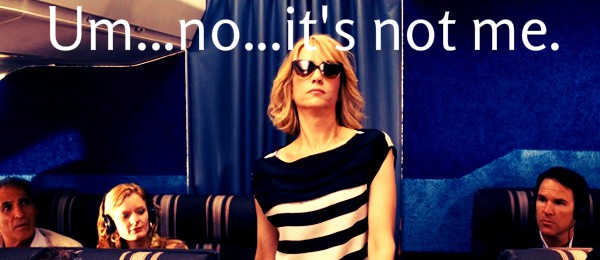Most of the people who’ve saved my life don’t know it. Some were babies who have fallen asleep in my arms, keeping dark thoughts at bay. Some were artists I’ll never meet. Some were friends who inadvertently said or did just the right thing at the right moment. And I often wonder about all these artists, friends, and infants—if they, like me, are just waiting for the moment someone calls them a fraud. (I’m onto you, babies.)
“Is it possible you’re suffering from impostor syndrome?” a friend recently asked me. “Well, maybe. But do you really think it’s good enough to be impostor syndrome?” I joked, trying to evade the question. Truth is, I’d had a relationship with it since I was in the 2nd grade when I won an award for a short composition. Since I didn’t consider my piece about a power outage to be particularly earth-shattering, I assumed my teacher had chosen me since she liked me (presumably because I kept accidentally calling her “mom”).
I still have flashes of that moment when I get work assignments now. My excitement is usually followed by a few seconds spent wondering “Wait, shouldn’t they have asked someone more qualified to cover this? Did I just get this job because they like me?”
I follow saying the phrase “I’m a writer” with a similarly uncertain inner monologue.
My most recent encounter with it rattled me, though. My husband walked in on me near-tears about covering an event. He went tough-love. “This is bullshit,” he said. “I know you’re really good at this. I know you know you’re really good at this. Why are you afraid of people knowing how good you are?”
“Because,” I finally answered after the surprise of his confrontation wore off, “Because it’s a lot easier to pretend to suck at something than to tell people you’re good at it and have them disagree. Because if they never know I’m good at it, I can never get bad at it.” He stared at me awhile and finally said “Well, babe, I’m sorry, but that’s just stupid. Do you think you have special powers that will suddenly make you bad at it? Just get out there and be proud that you know what you’re doing. A lot of people don’t.”
Wiping my runny nose, I remembered an old therapist once asking me how I’d feel if I was to say I was proud of something I’d written. I tried it for a minute. I felt very uncomfortable. “I’m not good at taking compliments,” I told her, “I usually say ‘It was no big deal’ to people when they give them to me.”
“Why do you think what you do isn’t a big deal?” she asked.
“Because, it isn’t. It never really helped anyone or saved anyone’s life,” I said.
“How could you possibly know that?” she asked.
Follow Erica @ericaruthkelly.




 Follow Us On Instagram
Follow Us On Instagram
